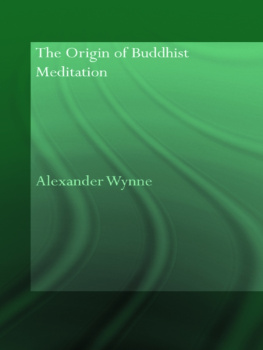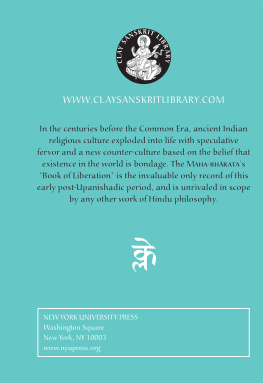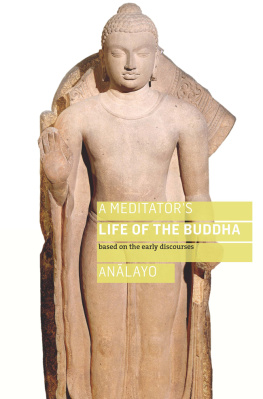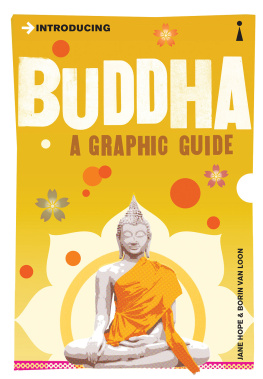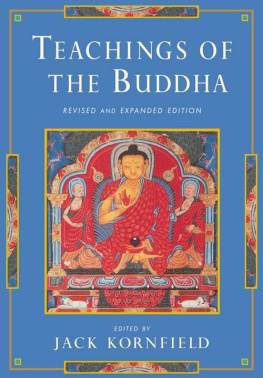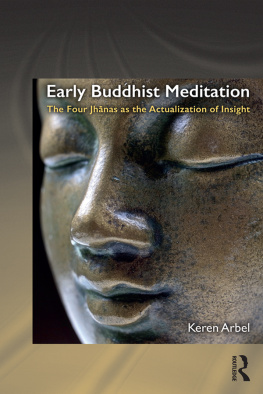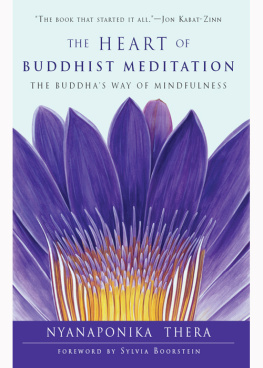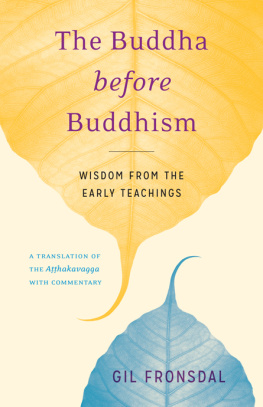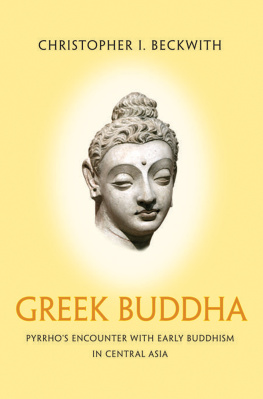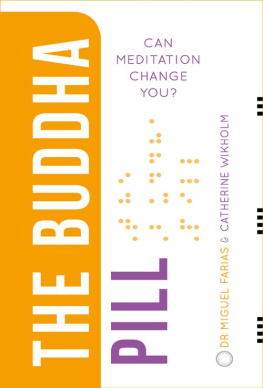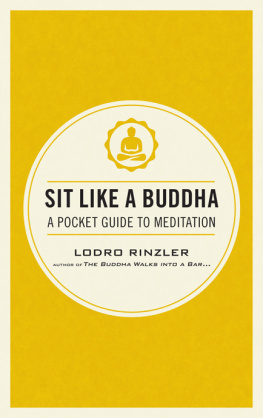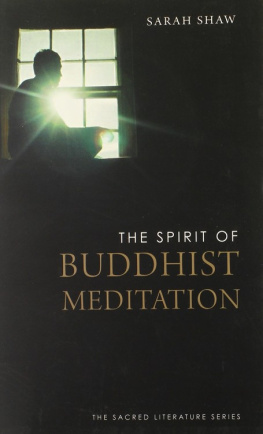The historic authenticity of the early Buddhist sources is a much disputed topic. Although many modern scholars of Indian Buddhism are highly sceptical about the possibility of identifying and recovering authentic early teachings, this book maintains that such an objective is possible. Having identified early material that goes back to the Buddha himself, the author argues that the two teachers of the Buddha were historical figures. Based on the early Brahminic literature, namely the early Upaniads and Mokadharma, the author asserts the origin of the method of meditation learned by the Buddha from these teachers, and attempts to use them to identify some authentic teachings of the Buddha on meditation.
The following claims are put forward in this book, which will stimulate a debate within the field of Buddhist Studies:
The book will be of significant interest to academics in the field of Buddhist Studies, Asian Religion and South Asian Studies.
ROUTLEDGE CRITICAL STUDIES IN BUDDHISM
General Editors: Charles S.Prebish and Damien Keown
Routledge Critical Studies in Buddhism is a comprehensive study of the Buddhist tradition. The series explores this complex and extensive tradition from a variety of perspectives, using a range of different methodologies.
The series is diverse in its focus, including historical studies, textual translations and commentaries, sociological investigations, bibliographic studies and considerations of religious practice as an expression of Buddhisms integral religiosity. It also presents materials on modern intellectual historical studies, including the role of Buddhist thought and scholarship in a contemporary, critical context and in the light of current social issues. The series is expansive and imaginative in scope, spanning more than two and a half millennia of Buddhist history. It is receptive to all research works that inform and advance our knowledge and understanding of the Buddhist tradition.
A SURVEY OF VINAYA LITERATURE
Charles S.Prebish
THE REFLEXIVE NATURE OF AWARENESS
Paul Williams
ALTRUISM AND REALITY
Paul Williams
BUDDHISM AND HUMAN RIGHTS
Edited by Damien Keown, Charles Prebish, Wayne Husted
WOMEN IN THE FOOTSTEPS OF THE BUDDHA
Kathryn R.Blackstone
THE RESONANCE OF EMPTINESS
Gay Watson
AMERICAN BUDDHISM
Edited by Duncan Ryuken Williams and Christopher Queen
IMAGING WISDOM
Jacob N.Kinnard
PAIN AND ITS ENDING
Carol S.Anderson
EMPTINESS APPRAISED
David F.Burton
THE SOUND OF LIBERATING TRUTH
Edited by Sallie B.King and Paul O.Ingram
BUDDHIST THEOLOGY
Edited by Roger R.Jackson and John J.Makransky
THE GLORIOUS DEEDS OF PURNA
Joel Tatelman
EARLY BUDDHISMA NEW APPROACH
Sue Hamilton
CONTEMPORARY BUDDHIST ETHICS
Edited by Damien Keown
INNOVATIVE BUDDHIST WOMEN
Edited by Karma Lekshe Tsomo
TEACHING BUDDHISM IN THE WEST
Edited by V.S.Hori, R.P.Hayes and J.M.Shields
EMPTY VISION
David L.McMahan
SELF, REALITY AND REASON IN TIBETAN PHILOSOPHY
Thupten Jinpa
IN DEFENSE OF DHARMA
Tessa J.Bartholomeusz
BUDDHIST PHENOMENOLOGY
Dan Lusthaus
RELIGIOUS MOTIVATION AND THE ORIGINS OF BUDDHISM
Torkel Brekke
DEVELOPMENTS IN AUSTRALIAN BUDDHISM
Michelle Spuler
ZEN WAR STORIES
Brian Victoria
THE BUDDHIST UNCONSCIOUS
William S.Waldron
INDIAN BUDDHIST THEORIES OF PERSONS
James Duerlinger
ACTION DHARMA
Edited by Christopher Queen, Charles Prebish and Damien Keown
TIBETAN AND ZEN BUDDHISM IN BRITAIN
David N.Kay
THE CONCEPT OF THE BUDDHA
Guang Xing
THE PHILOSOPHY OF DESIRE IN THE BUDDHIST PALI CANON
David Webster
THE NOTION OF DITTHI IN THERAVADA BUDDHISM
Paul Fuller
THE BUDDHIST THEORY OF SELF-COGNITION
Zhihua Yao
MORAL THEORY IN ANTIDEVAS 
Barbara R. Clayton
BUDDHIST STUDIES FROM INDIA TO AMERICA
Edited by Damien Keown
DISCOURSE AND IDEOLOGY IN MEDIEVAL JAPANESE BUDDHISM
Edited by Richard K.Payne and Taigen Dan Leighton
BUDDHIST THOUGHT AND APPLIED PSYCHOLOGICAL RESEARCH
Edited by D.K.Nauriyal, Michael S. Drummond and Y.B.Lal
BUDDHISM IN CANADA
Edited by Bruce Matthews
BUDDHISM, CONFLICT AND VIOLENCE IN MODERN SRI LANKA
Edited by Mahinda Deegalle
THERAVDA BUDDHISM AND THE BRITISH ENCOUNTER
Religious, missionary and colonial experience in nineteenth century Sri Lanka
Elizabeth Harris
BEYOND ENLIGHTENMENT
Buddhism, religion, modernity
Richard Cohen
BUDDHISM IN THE PUBLIC SPHERE
Reorienting global interdependence
Peter D.Hershock
BRITISH BUDDHISM
Teachings, practice and development
Robert Bluck
BUDDHIST NUNS IN TAIWAN AND SRI LANKA
A critique of the feminist perspective
Wei-Yi Cheng
NEW BUDDHIST MOVEMENTS IN THAILAND
Toward an understanding of Wat Phra Dhammakaya and Santi Asoke
Rory Mackenzie
The following titles are published in association with the Oxford Centre for Buddhist Studies
EARLY BUDDHIST METAPHYSICS
Noa Ronkin
MIPHAMS DIALECTICS AND THE DEBATES ON EMPTINESS
Karma Phuntsho
HOW BUDDHISM BEGAN
The conditioned genesis of the early teachings
Richard F.Gombrich
BUDDHIST MEDITATION
An anthology of texts from the Pali canon
Sarah Shaw
REMAKING BUDDHISM FOR MEDIEVAL NEPAL
The fifteenth-century reformation of Newar Buddhism
Will Tuladhar-Douglas
METAPHOR AND LITERALISM IN BUDDHISM
The doctrinal history of nirvana
Soonil Hwang
THE BIOGRAPHIES OF RECHUNGPA
The evolution of a Tibetan hagiography
Peter Alan Roberts
THE ORIGIN OF BUDDHIST MEDITATION

